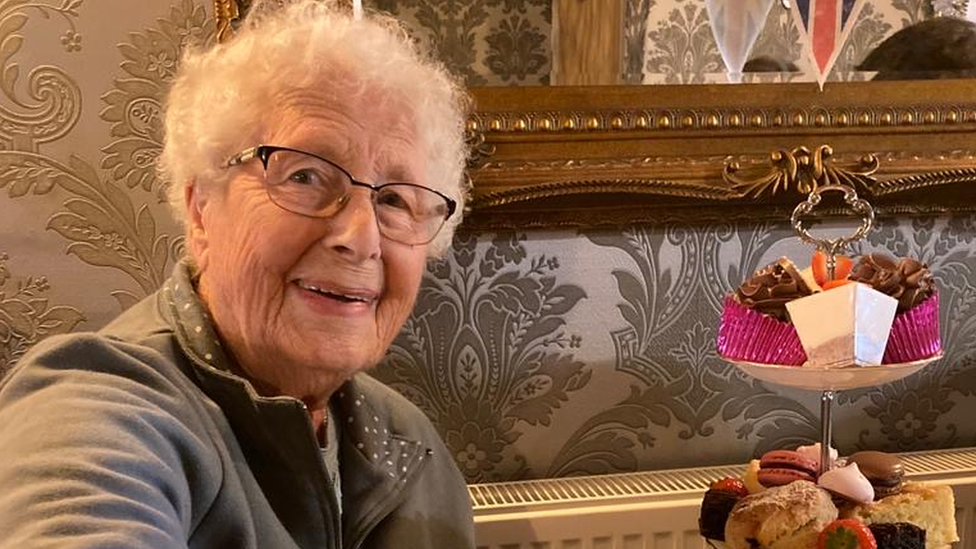Cheltenham man died after three hour wait for ambulance
- Published
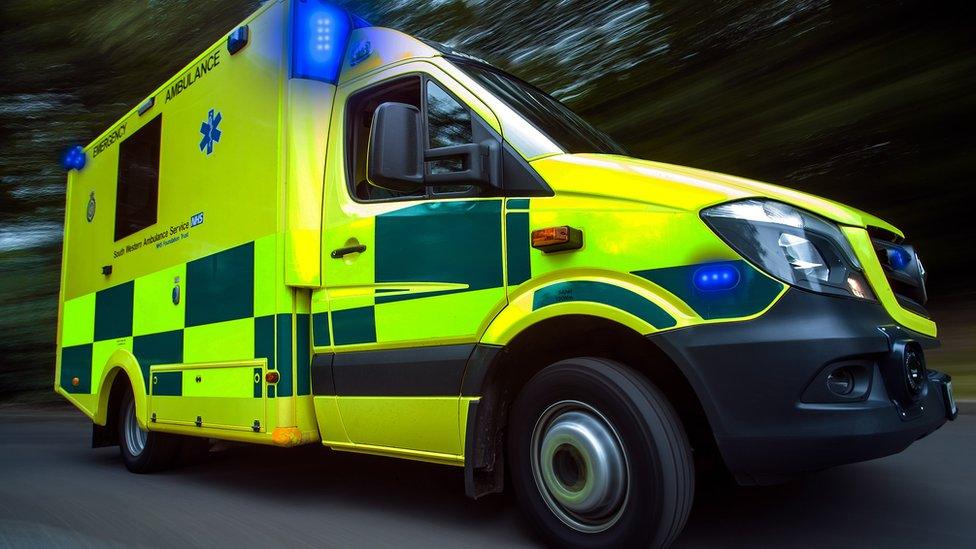
After his son's final call, the case was raised to level 1 and an ambulance arrived six minutes later
An ambulance took almost three hours to arrive for a pensioner who had been badly injured in a fall and later died in hospital, an inquest has heard.
Henry Moseley's wife and their son repeatedly called 999 to tell South Western Ambulance Service (SWAS) that the 78-year-old was deteriorating.
SWAS said 206 hours of vehicle time were lost that night because of delays handing patients over at hospital.
The Assistant Gloucestershire Coroner recorded the death as accidental.
Mr Moseley, from Cheltenham, hit his head on a radiator at his home just after 21:00 on 23 March 2022.
Each time his family called the ambulance service his case was classified as a category 2 emergency, the Gloucester inquest was told.
After his son's final call, the case was raised to level 1 and an ambulance arrived six minutes later at 23:41.
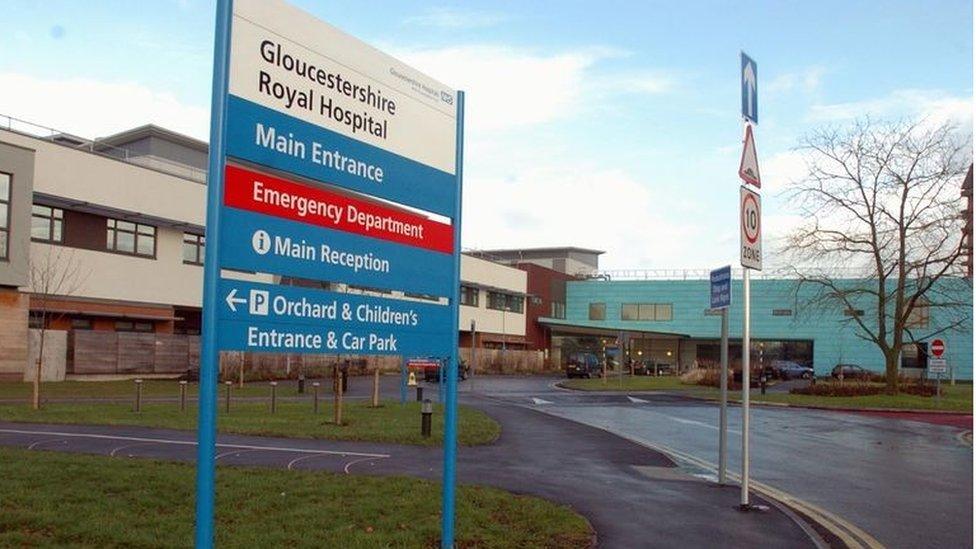
Mr Moseley died at Gloucestershire Royal Hospital 11 days after the fall
The response time for a category 2 emergency should be a maximum of 40 minutes in at least 90% of cases - but the average should be only 18 minutes, the inquest was told.
Mr Moseley died at Gloucestershire Royal Hospital on 4 April from a bleed in the brain that he had suffered in the fall.
Assistant Gloucestershire coroner Roland Wooderson said: "The ambulance trust acknowledges that it was not able to respond to Mr Moseley within the category 2 targets."
He said the trust had explained that the delay was due to "demands on the service" and the fact that 206 hours of ambulance time was lost because of handover delays at hospital.
The target for handing a patient over from ambulance to hospital was 15 minutes but was taking an average of three hours and 39 minutes that night, the service stated.
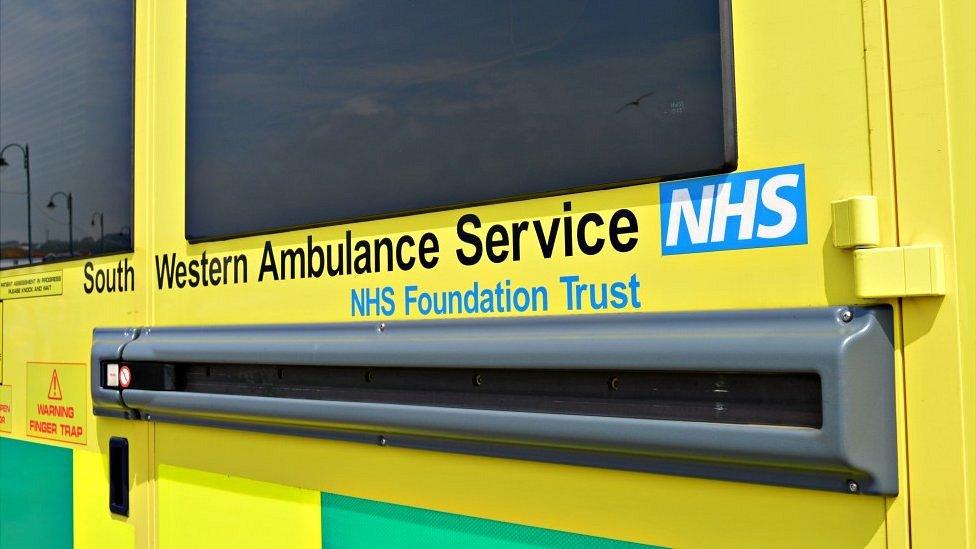
SWASFT explained that the delay was due to "demands on the service"
Mr Wooderson said that following the fall, Mr Moseley's wife - who uses a wheelchair - called for help on their careline emergency cord.
"There was then a three hour delay between that emergency call and paramedics arriving," he said.
The inquest heard a detailed summary of the 999 calls made by Mr Moseley's wife and their son and the responses, as follows:
The alarm was raised at 21:06. The call was triaged and classed as a category 2 response.
At 22:21 Mr Moseley's wife rang 999 again to say he was bleeding a lot and could not speak properly. The case was triaged and classed as category 2.
Four minutes later, at 22:25, Mr Moseley's son, Rob, called 999. It was established the bleeding had stopped. The call was deemed to be a category 2 emergency.
At 22:41 Rob called again to say that his father was now complaining of chest pains but again it was assessed as category 2.
A further call by Rob is made again at 23:16 saying that his father was suffering withdrawal symptoms from epilepsy medication.
At 23:33 Rob called 999 once more and reported that his father was "probably having a fit". This time, the ambulance triaged the case as category 1.
The ambulance arrived at the house at 23:41 - within the expected response time for a category 1 call - and departed for hospital with Mr Moseley at 01:04 on 24 March.
Mr Wooderson recorded a conclusion of accidental death.

Follow BBC West on Facebook, external, Twitter, external and Instagram, external. Send your story ideas to: bristol@bbc.co.uk , external
Related topics
- Published18 March 2023
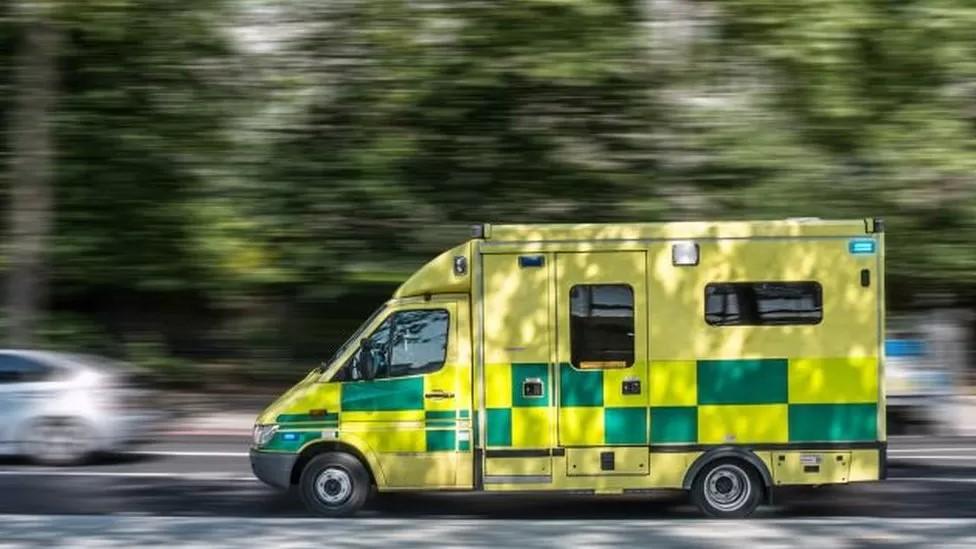
- Published23 January 2023
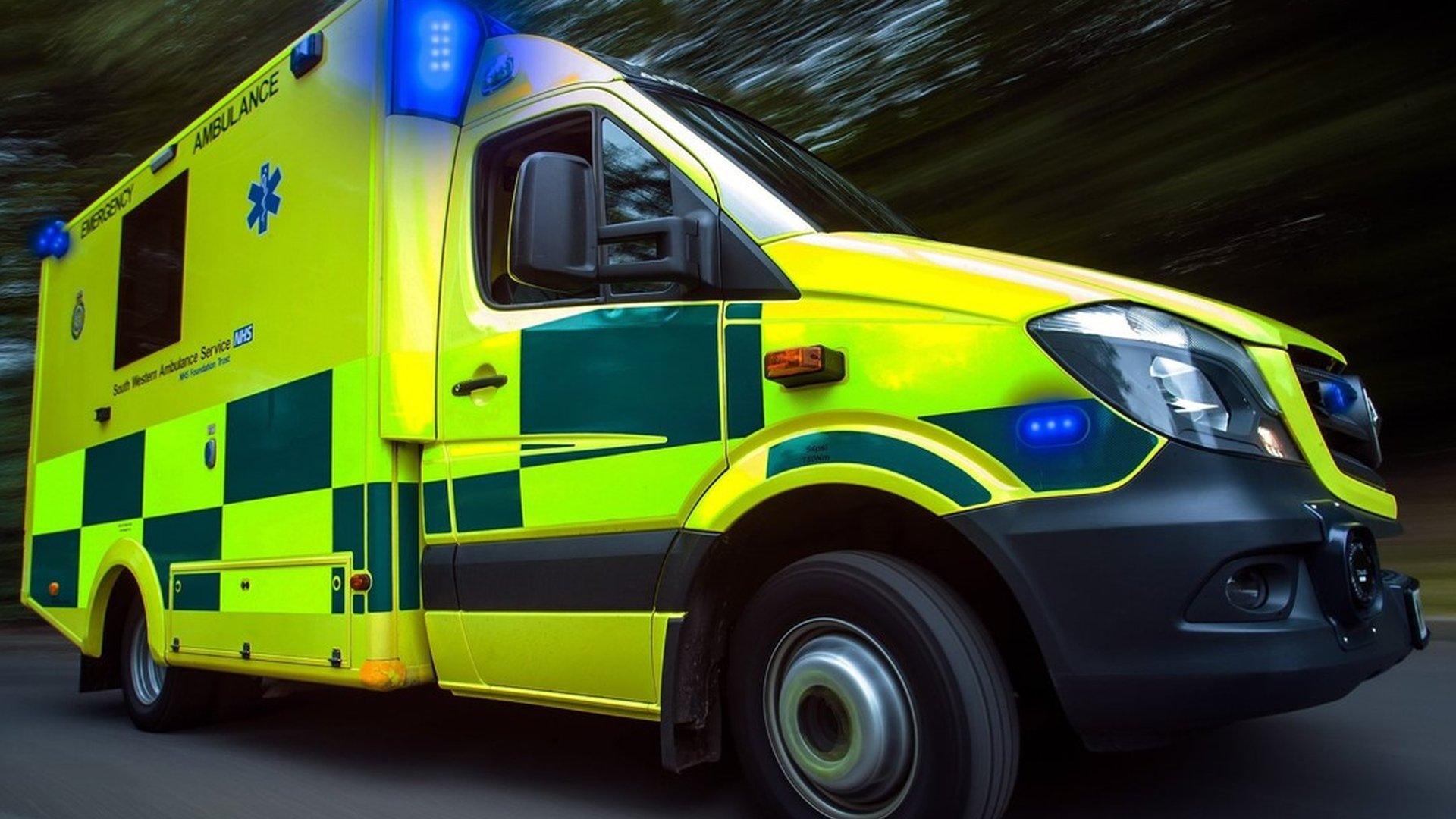
- Published29 December 2022
